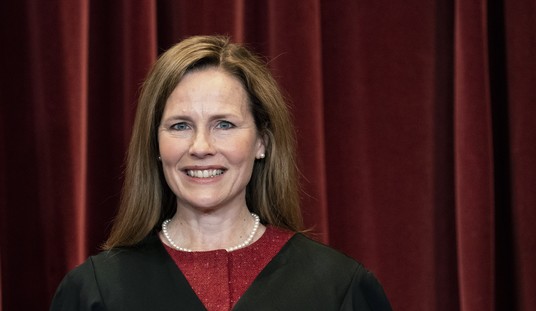President Donald Trump is expected to up the ante in the trade wars as countries attempt to negotiate better deals with the United States.
While wrapping up his trip to the Middle East, Trump indicated that tariffs could rise against over the next few weeks as the White House works to hammer out better deals with several nations that are trying to avoid heightened duties on their products, according to CNN.
At the conclusion of his Middle East trip Friday, Trump acknowledged that trade negotiations are progressing too slowly to accommodate every country that wants to strike a new trade deal with the United States. So Trump said he’d give other countries a few more weeks, and then Treasury Secretary Scott Bessent and Commerce Secretary Howard Lutnick would simply tell America’s trading partners what their new tariffs are.
“We have, at the same time, 150 countries that want to make a deal, but you’re not able to see that many countries,” Trump said during a business roundtable in Abu Dhabi Friday. “So at a certain point, over the next two to three weeks, I think Scott and Howard will be sending letters out, essentially telling people – we’ll be very fair – but we’ll be telling people what they’ll be paying to do business in the United States.”
Trump on April 9 paused his massive so-called reciprocal tariffs, which he announced on what he called “Liberation Day” on April 2. The reprieve was supposed to be for 90 days, to allow countries to negotiate with the administration. Trump officials have said around 100 countries have offered to negotiate deals, setting a tremendously difficult task before US trade negotiators to race against the clock to make new commitments.
Without those negotiated deals, Trump could impose reciprocal tariffs – some of which are as high as 50%. The tariffs aren’t technically reciprocal, and many smaller countries with large trade gaps with the United States would end up with significant tariff burdens.
“I guess you could say they could appeal it, but for the most part I think we’re going to be very fair, but it’s not possible to meet the number of people that want to see us,” Trump said.
🚨 BREAKING: Trump drops BOMBSHELL about potential ZERO-TARIFF deal with India!
— Rod D. Martin (@RodDMartin) May 16, 2025
Major scoop: Trump just revealed India - one of the HIGHEST tariff nations - offered to eliminate ALL TARIFFS on US goods!
This is HUGE for American business...
🧵THREAD pic.twitter.com/XiVn9pnCo2
Trump touted a recent “fantastic trade deal” with the United Kingdom—the first formal agreement ever since the president announced sweeping global tariffs early in April. Because of the deal, the UK will only face a ten percent baseline tariff on its products instead of being hit with higher duties.
The administration also noted the progress it has made with China, which has taken a more pugilistic response to the president’s tariffs. Trump noted that the Chinese government “wanted to make that deal very badly” after a temporary de-escalation in the trade war. Both nations have agreed to halt their tariffs, which had climbed over 100 percent. The deal will be in place for 90 days. If Washington and Beijing can’t come to an agreement before the deal expires, the tariffs might return.
Economic data suggests consumers do not care about tariffs yet — prices are down and sales volumes are up.
— Anthony Pompliano 🌪 (@APompliano) May 16, 2025
Not exactly what the predictions suggested. pic.twitter.com/1YiN0zVA2N
Meanwhile, the nation is watching and waiting to see how the various trade wars will turn out. Of particular interest is the potential impact this could have on American consumers who are already struggling with inflation and other economic concerns.


